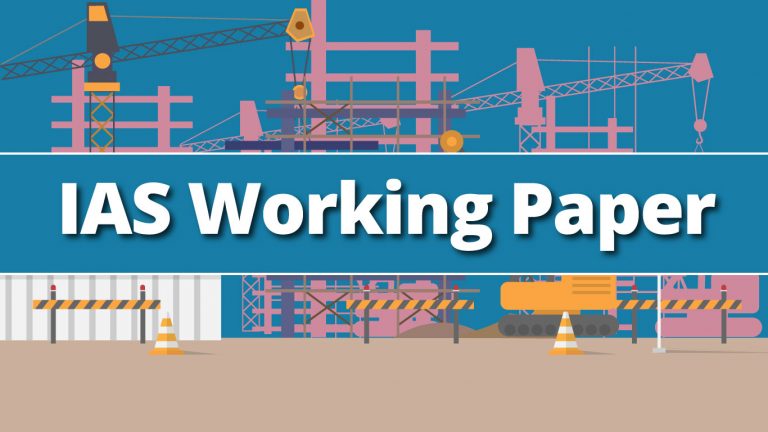The Institute of Asian Studies at Universiti Brunei Darussalam is pleased to announce the publication of IAS Working Paper No 69: JICA and Regional Soft Power: Japan’s Legal and Judicial Development Project in Vietnam, Cambodia and Laos since 1996 by Nobumichi Teramura. Please see below for details.
Abstract: Due to geopolitical tensions, such as those brought about by COVID-19 and the US-China trade war, many multinationals have been closing factories in China and relocating to countries along the Mekong such as Vietnam, Cambodia and Laos. As a result, these countries will inevitably experience more international commerce in the future and attention will focus on their legislative and judicial systems. While much has been written about these countries’ laws, scant attention has been paid to a common feature in their development, the pervasive influence of Japanese private law. Since 1996, the Japan International Cooperation Agency (JICA) has played a major role in the modernization of law in the region. Through its Legal and Judicial Development Project, JICA has provided technical assistance for the reform of codes and the training of lawyers in the use of those codes. This paper critically examines JICA’s contribution to the rule of law in the region. It considers whether Japanese soft power (as manifested by JICA) complements or is at cross-purposes with projects of other organisations and initiatives (such as, Asian Development Bank and World Bank). It then evaluates the extent to which JICA’s work is currently attuned to or has the potential to be made more responsive to the social and economic aspirations of the relevant countries.
Nobumichi Teramura is Assistant Professor of ASEAN and Asia-Wide Regionalisation at the Institute of Asian Studies, Universiti Brunei Darussalam. He is also Affilate at the University of Sydney Law School Centre for Asian and Pacific Law (CAPLUS), specialising in business law, with a particular interest in arbitration, private international law, contract law and Asian law. He has taught private international law and commercial law as a Lecturer at the Adelaide Law School (2019) and lectured at the College of Law of De La Salle University in the Philippines in 2016, 2017 and 2019 on international arbitration and trade law. He has also lectured and researched in other Asia-Pacific jurisdictions including Taiwan, Hong Kong, Indonesia, Cambodia and Japan. He is actively involved in promoting legal dialogue among countries in the Asia-Pacific to enhance the economic integration of the region and forging institutional academic links among these countries.
To see more IAS Working Papers, please visit the IAS Working Papers web page.


